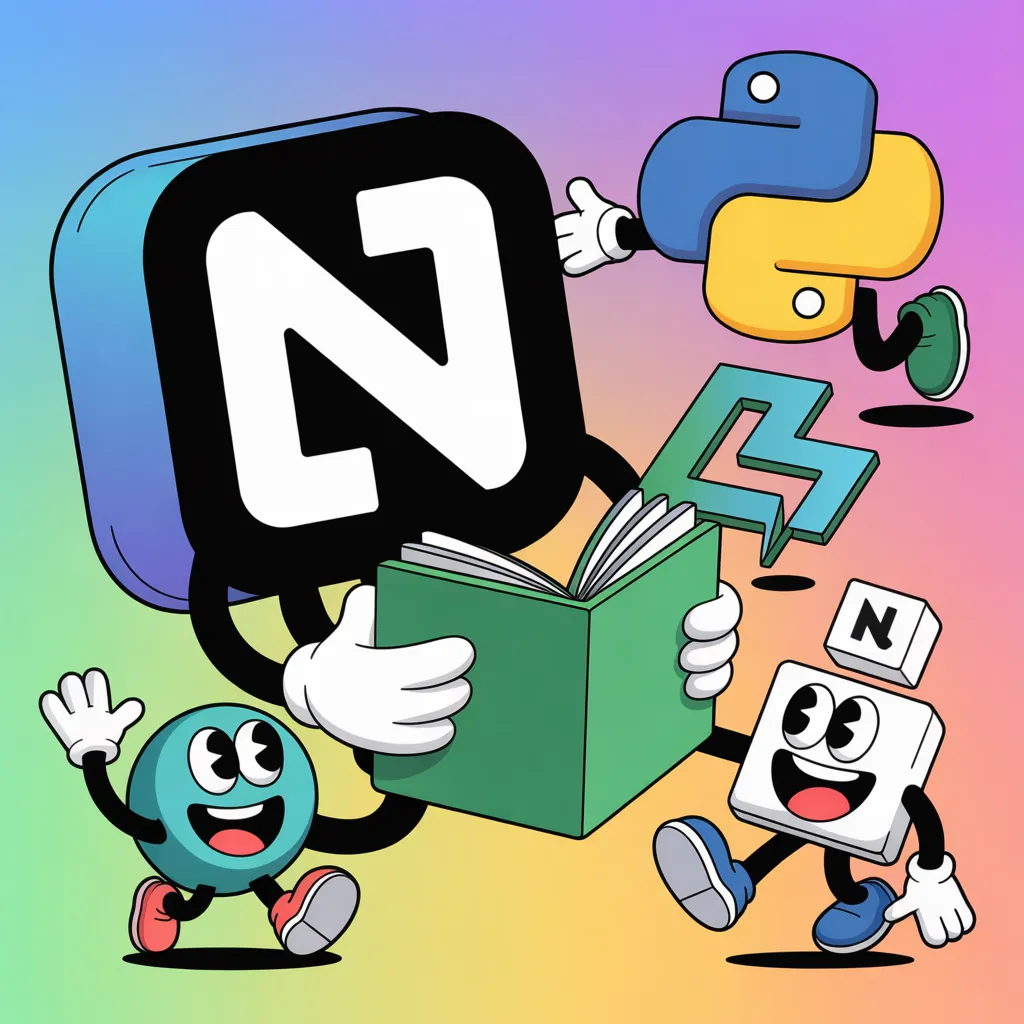As a junior web developer, I recently embarked on a journey to build a modern blog platform that would make content management as smooth as butter 🧈. After exploring various traditional CMS options, I discovered something that completely changed my perspective: Notion as a CMS.
The “No-tion” of Traditional CMS Problems 😅
Traditional CMS platforms often feel like navigating a maze blindfolded. Complex admin panels, rigid content structures, and the constant need to teach clients how to use yet another interface. Sound familiar?
Enter Notion: The Game-Changer 🎯
Here’s what blew my mind: What if content creators could use a tool they already love? Notion’s intuitive interface, combined with their robust API, opened up a world of possibilities. No more explaining complex workflows to clients – they can write, edit, and publish content using the same tool they use for their daily notes!
Key Benefits That Made Me a Believer ✨
- 🎨 User-Friendly Content Creation: Clients can focus on what they do best – creating amazing content – without wrestling with complicated editors.
- ⚡ Real-Time Updates: Content changes reflect instantly through webhook integration.
- 🔧 Developer-Friendly: Clean API, excellent documentation, and seamless integration with modern frameworks.
- 💰 Cost-Effective: No expensive CMS licensing fees – just leverage what your clients already use.
The Technical Sweet Spot 🛠️
My implementation combines FastAPI for the backend with Next.js for the frontend, creating a blazing-fast blog that pulls content directly from Notion databases. The result? A headless CMS that’s both powerful and accessible.
I shall dive deeper into the technical implementations in my next articles. Stay tuned 📻…

